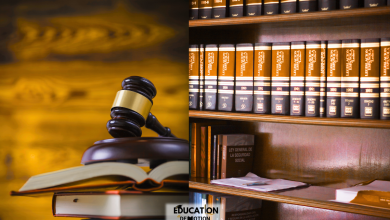Can a Judge Overrule the Constitution: Unveiling Judicial Power
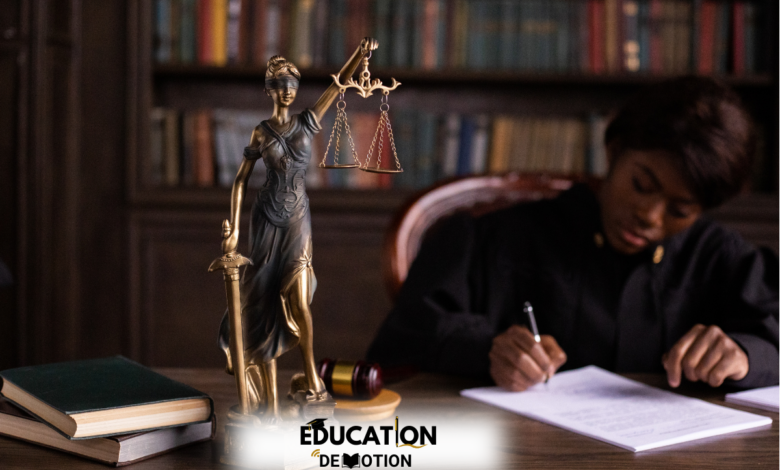
The relationship between judicial authority and constitutional supremacy is a topic that often sparks passionate debates. At the heart of the conversation lies an intriguing question: Can a judge overrule the Constitution? This question addresses the balance of power between the judiciary, the legislative system, and the ultimate law of the land the Constitution.
Constitutions are designed to serve as the foundational frameworks of modern governance, outlining principles, freedoms, and limitations. Judges, on the other hand, interpret and enforce these laws. But where does the boundary lie? This article delves into the nuances of judicial authority, constitutional limits, and how these two entities coexist within a democratic framework.
Understanding the Role of the Constitution
The Constitution acts as the supreme law in many democratic nations. It lays down the legal framework for governance, defines the separation of powers, and ensures the rights of citizens. In simpler terms, the Constitution is the backbone of a country’s legal and political systems.
Without the Constitution, laws would lack a solid foundation. However, this also means that any challenge to its authority poses a serious threat to the integrity of democracy itself. For this reason, the judiciary’s role is vital in safeguarding constitutional values and interpreting laws in line with them.
The Role of Judges in Upholding the Constitution
Judges, particularly in constitutional courts, are entrusted with the power to interpret the law. They analyze cases, evaluate disputes, and provide legal clarity. Importantly, they are also tasked with ensuring that laws enacted by legislative bodies align with constitutional principles.
For example, a law that infringes on fundamental rights guaranteed by the Constitution can be struck down by judges. This judicial review ensures that no law, policy, or government action supersedes the principles enshrined in the Constitution.
Can a Judge Overrule the Constitution?
To address the question directly no, a judge cannot overrule the Constitution. The judiciary does not have the power to nullify or override the Constitution itself. However, judges can interpret constitutional provisions and invalidate laws, actions, or policies that conflict with it.
In essence, the judiciary works within the framework of the Constitution, not outside or above it. A judge’s power is bound by the legal and constitutional framework of their country. Let’s explore this concept further.
Judicial Review: A Tool, Not an Override
One of the most significant powers of the judiciary is judicial review. This allows courts to assess whether a law or action aligns with the Constitution. If found unconstitutional, the law or action is deemed invalid. However, this process does not mean that judges are overruling the Constitution itself. Instead, they are upholding it.
For instance, in landmark cases like Marbury v. Madison in the United States, the judiciary established the principle of judicial review. Judges ensured that legislative actions did not conflict with constitutional principles, reinforcing the idea that the Constitution remains supreme.
Judicial Interpretation and Constitutional Ambiguity
Sometimes, constitutional provisions may appear vague or open to multiple interpretations. In such scenarios, judges are responsible for clarifying their meanings. However, this interpretative role often gives rise to criticism. Some argue that judicial interpretation can blur the line between enforcing and rewriting the Constitution.
Nevertheless, judicial interpretation is essential to adapt constitutional principles to contemporary contexts. It ensures that the Constitution remains relevant while preserving its original spirit.
The Separation of Powers and Checks and Balances
Democracies are built on the principle of the separation of powers, dividing authority among the legislative, executive, and judicial branches. This ensures no single entity gains excessive control. While judges play a pivotal role in safeguarding the Constitution, their powers are not absolute.
Legislative and executive branches have their own checks on judicial authority. For instance, constitutional amendments when lawfully enacted can modify or clarify constitutional provisions, often countering judicial interpretations.
This interplay highlights that while judges are protectors of constitutional values, they do not hold unchecked power. Their decisions must align with constitutional principles and the broader democratic framework.
Global Perspectives on Judicial Power and Constitutions
Around the world, different nations adopt diverse approaches to judicial authority and constitutional supremacy. Here’s a look at how various systems balance these powers:
United States
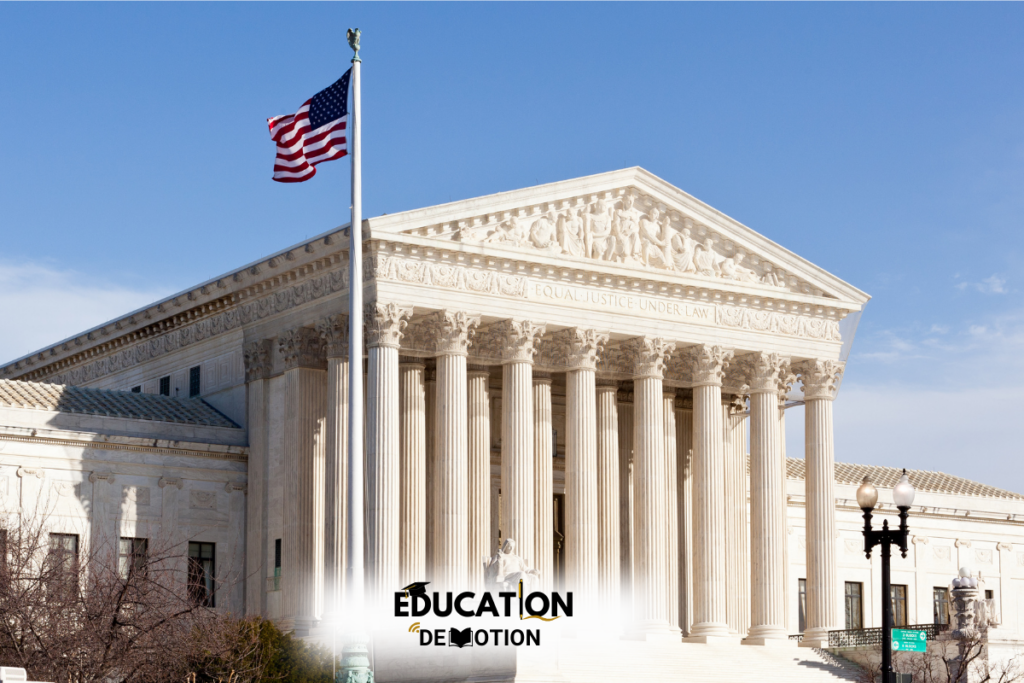
In the United States, the Constitution is considered the “supreme law of the land.” Judges, particularly those in the Supreme Court, ensure that laws comply with constitutional standards. However, even the Supreme Court cannot override the Constitution it can only interpret it.
United Kingdom
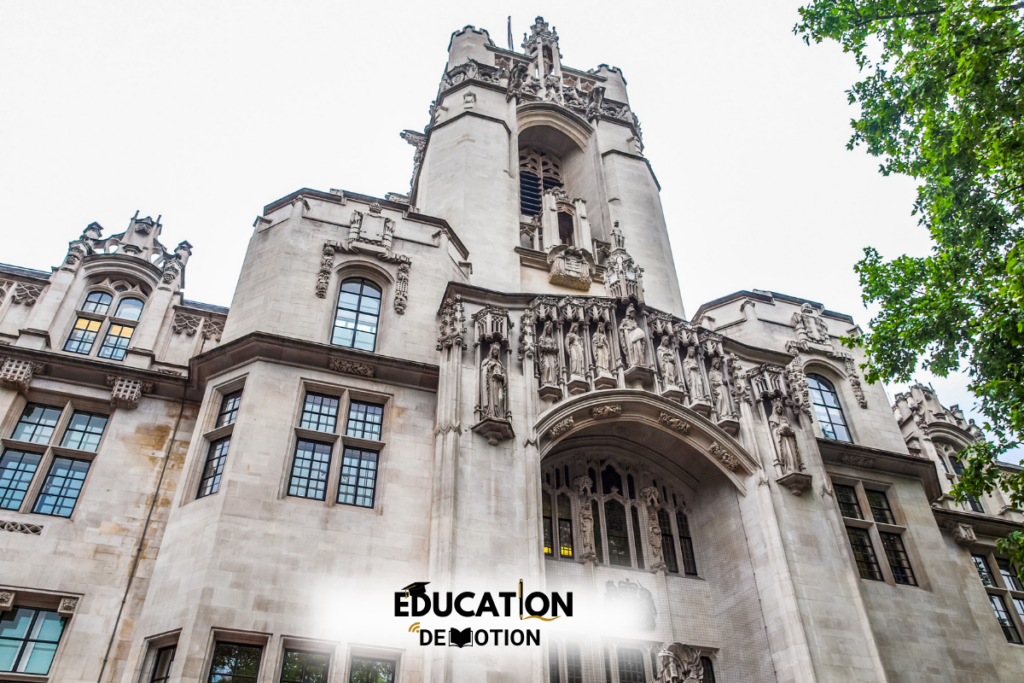
The UK follows a principle of parliamentary sovereignty, where no court can strike down legislation passed by Parliament. While the judiciary can interpret laws and ensure compliance with rights under the Human Rights Act, they cannot invalidate constitutional statutes.
India
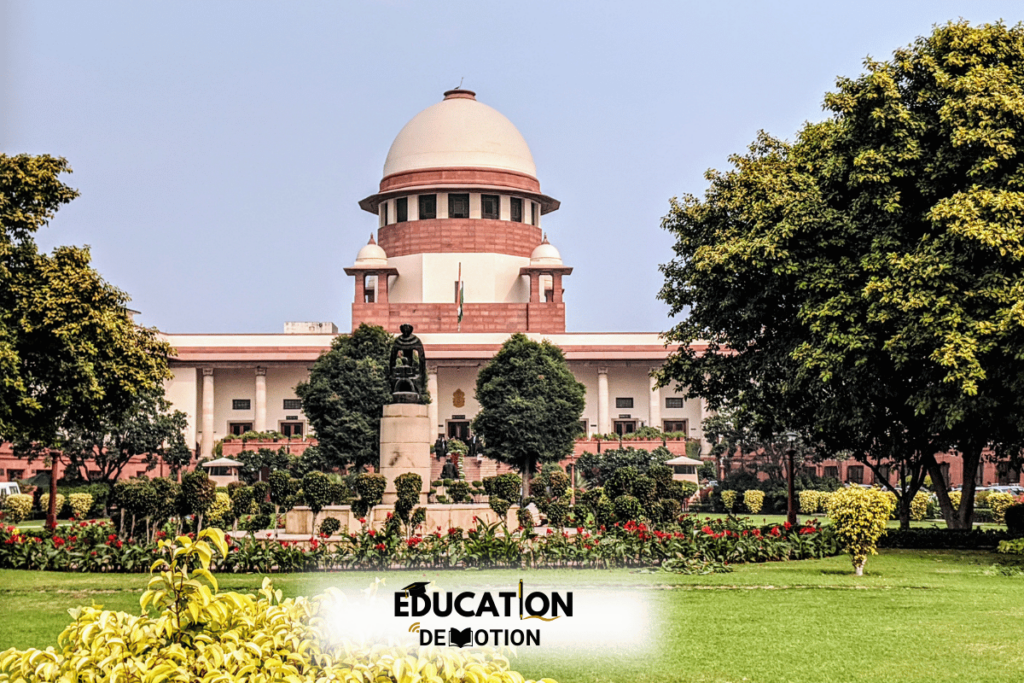
India’s judiciary has an expansive role in constitutional interpretation. Through concepts like the Basic Structure Doctrine, the Indian Supreme Court ensures that even constitutional amendments do not violate fundamental principles. However, judges operate within the bounds of constitutional authority and cannot overrule it.
Germany

Germany’s Federal Constitutional Court plays a critical role in safeguarding constitutional integrity. Judges can declare laws unconstitutional, but they cannot alter the Constitution itself. Amendments, however, must respect the “eternity clause,” which protects the core principles of the German Constitution.
Can Judicial Activism Threaten Constitutional Authority?
Judicial activism refers to instances where judges take a proactive role in shaping public policies through their rulings. While it can promote social justice and constitutional rights, excessive judicial activism raises concerns about judicial overreach.
When judges overstep their role and appear to make laws rather than interpret them, questions arise about their adherence to constitutional limits. Nevertheless, judicial activism is often a response to legislative or executive failures, aiming to bridge governance gaps.
Conclusion
To summarize, the judiciary holds a crucial position in preserving constitutional values, but it cannot overrule the Constitution itself. Judges interpret, enforce, and protect constitutional principles, ensuring that laws and government actions align with the supreme law of the land.
The balance between judicial authority and constitutional supremacy underscores the strength of democracy. While judges safeguard constitutional values, their powers are bound by the very framework they aim to protect. In this intricate dance of governance, the Constitution remains the ultimate guiding light.
FAQs
Can judges change the Constitution?
No, judges cannot change the Constitution. Constitutional amendments are the responsibility of the legislative body, following prescribed procedures. Judges can interpret and enforce the Constitution but cannot alter its text.
What happens if a law conflicts with the Constitution?
If a law conflicts with the Constitution, judges can declare it unconstitutional through judicial review. This ensures that the Constitution remains the supreme law.
Are judges above the Constitution?
No, judges are not above the Constitution. Their role is to uphold, interpret, and apply constitutional principles within the limits of judicial authority.
Can constitutional amendments overrule judicial decisions?
Yes, constitutional amendments can override judicial interpretations, provided they follow the legal process and do not violate fundamental constitutional principles.
Is judicial activism a threat to the Constitution?
Judicial activism can challenge the balance of powers but is not inherently a threat. It depends on whether judicial actions respect constitutional boundaries.
Can a constitution be challenged in court?
In most cases, the Constitution itself cannot be challenged, as it represents the highest legal authority. However, specific provisions can be interpreted or clarified through judicial review.



